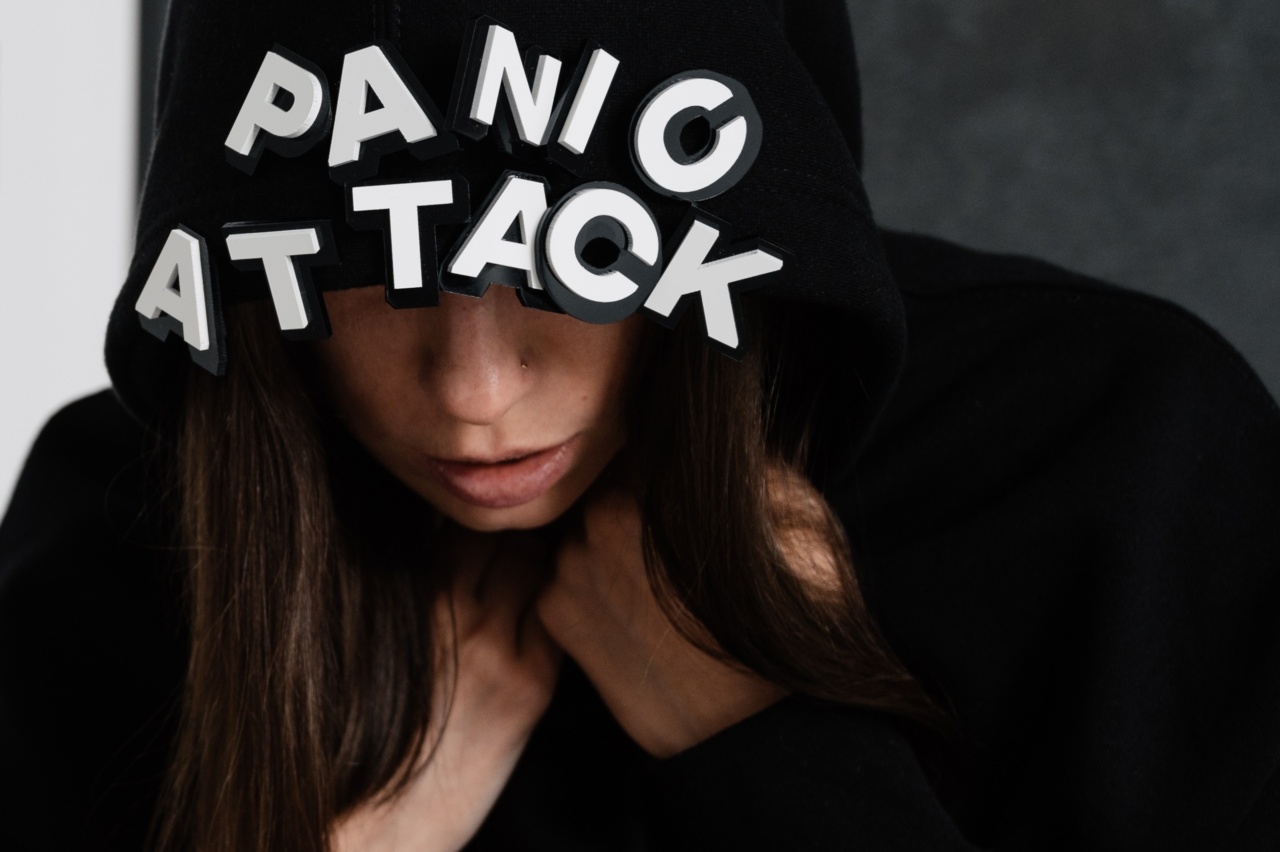Have you ever experienced an overwhelming and sudden rush of fear and anxiety? If yes, then you might have had a panic attack. A panic attack is a sudden onset of intense feelings of anxiety and fear that can become overwhelming and incapacitating.
In most cases, panic attacks come without any warning and can happen even when you are not in any apparent danger.
It is a common mental health condition affecting millions of people worldwide, and while it is not life-threatening, it can affect your quality of life.
Knowing the signs and symptoms of a panic attack can help you take the necessary steps in managing them and seeking the right treatment.
What are the Symptoms of a Panic Attack?
The symptoms of a panic attack can vary from person to person and can manifest physically, emotionally, and mentally. One may experience a combination of these symptoms that can subside within ten to twenty minutes if left untreated.
The most common symptoms of a panic attack include the following:.
1. Rapid Heartbeat or Palpitations
A racing heart (tachycardia) or feeling that your heart is skipping a beat is a common sign of panic attacks. The heart may seem to be pounding loudly, and some may experience chest pain or tightness as a result.
2. Sweating and Trembling
During a panic attack, it is common to feel hot, sweaty, and shaky. Your palms may become wet, and cold sweat may appear all over your body. Zoning out and experiencing blackouts may also be a symptom to look out for.
3. Hyperventilation or Shortness of Breath
Feeling like you are suffocating or that you can’t catch your breath is one common sign of a panic attack. This symptom can be so severe that it may feel like you are having a heart attack.
4. Nausea or Stomach Upset
Some people might feel nauseous or experience digestive issues during a panic attack. They may feel like they need to vomit or might have diarrhea even without any prior warning.
5. Intense Fear or Dread
A sense of impending doom may overwhelm the person experiencing a panic attack. This fear can permeate deep into the mind to an extent that it becomes the only thing the person can focus on.
They may feel disconnected from the self and other people, feel restless, or may even walk around in circles.
6. Dizziness or Feeling Faint
It is not uncommon to feel dizzy or faint during the early stages of a panic attack. The fear and anxiety experienced can elevate one’s blood pressure and cause lightheadedness, causing the person to feel unbalanced and dizzy.
7. Chest Pains or Tightness
People experience chest pain or tightness, which might feel like a heart attack during a panic attack.
However, it is essential to note that if you or someone you know experiences chest pain with or without other symptoms such as sweating, nausea, or shortness of breath, it is critical to seek medical attention immediately.
8. Tingling Sensations or Numbness
Some people might get tingling sensations or numbness in their fingers, toes, and limbs during a panic attack. This sensation might be so extreme that it might feel like pins and needles poking at their skin, leading to more fear and anxiety.
9. Fear of Loss of Control or Dying
Feeling like you are losing control or that you might die is one of the most distressing symptoms of a panic attack.
The intense nature of this fear and anxiety can cause the person to worry about the future with a sense of deep despair and helplessness.
10. Feeling Detached from Reality
Some people might experience depersonalization or derealization during a panic attack. They may feel disconnected from their body, environment, and even their sense of self.
They may also feel like they are in a dream-like state and may find it hard to orient themselves to what is happening around them.
What Causes Panic Attacks?
The underlying causes of panic attacks are not entirely understood. However, research has identified various factors that contribute to panic attacks, including:.
- Genetics
- Neurotransmitter dysfunction
- Stressful life events
- Anxiety disorders
- Phobic disorders
- Medical conditions such as thyroid disorders
Risk Factors
While anyone can experience a panic attack, some people are more prone to them than others. Some of the prevalent risk factors for panic attacks include:.
- Gender (women are more prone to panic attacks than men)
- Family history of anxiety disorders or panic attacks
- Chronic stress
- Drug or substance abuse
- A history of physical or sexual abuse
- Medical conditions or chronic illness
Conclusion
A panic attack can be a debilitating experience that affects a person’s quality of life. The symptoms mentioned above can be a sign of a panic attack and can vary from person to person.
If you or someone you know is experiencing these symptoms, it is crucial to seek immediate medical attention to receive a proper diagnosis and treatment plan. Although panic attacks can be overwhelming, there are various treatment options available, including therapy, medication, or a combination of the two.
Seeking help and support from loved ones and a mental health professional can make a world of difference in managing panic attacks and improving overall well-being.




























